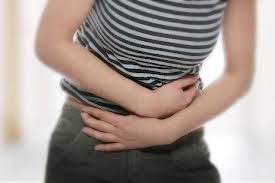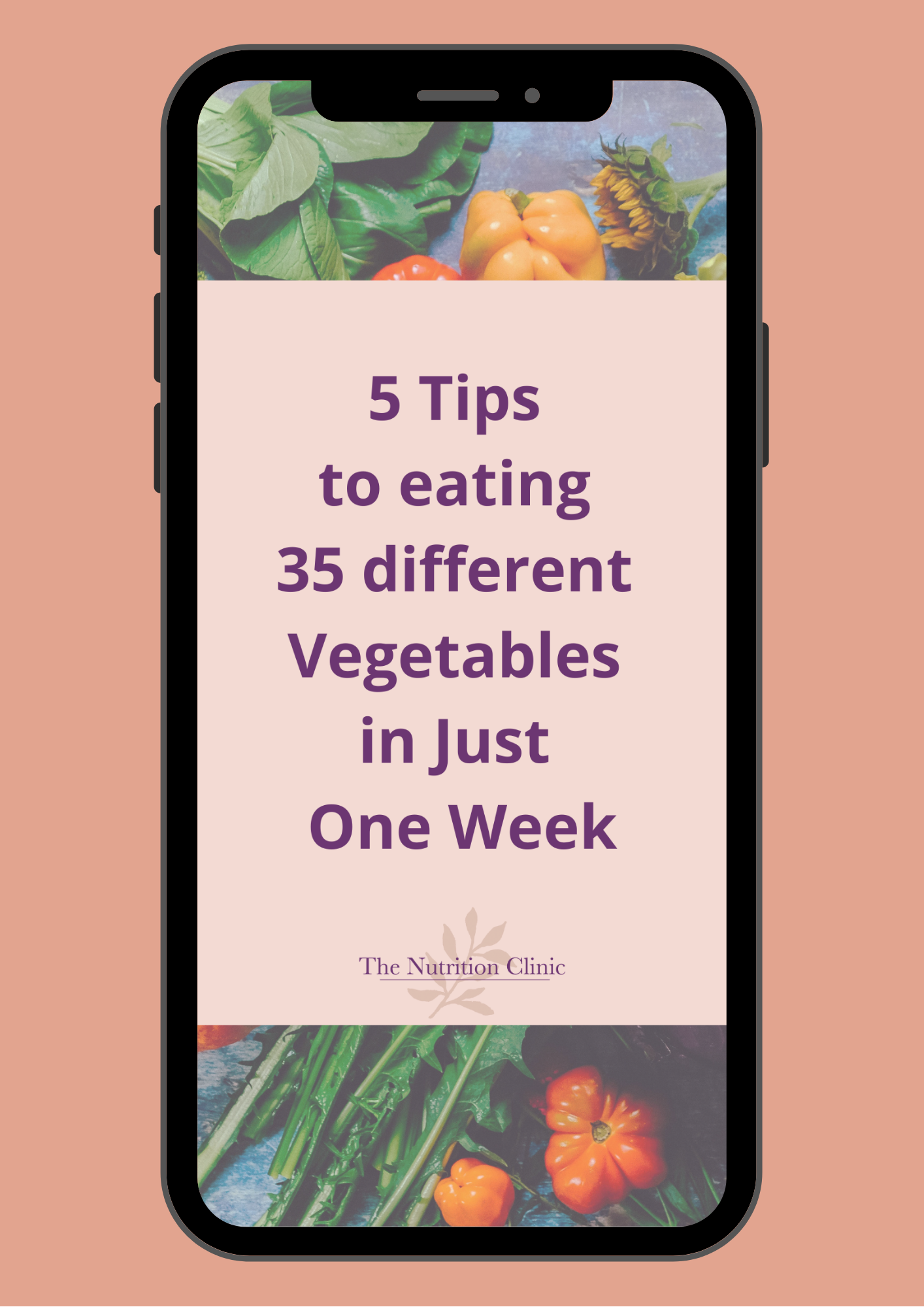According to Michael Ash of Nutrilink , There is a growing body of evidence to suggest that certain dietary constituents exacerbate symptoms and perhaps contribute to the pathogenesis of IBS. Patients have long associated their IBS symptoms with the ingestion of certain foods, combinations of foods, or generally with meals. Response rates from elimination diets have ranged from 15%-71%,[1] with wheat, milk, and eggs being the most commonly implicated foods.
A myriad of specific diets have gained and lost popularity over the years, including low-fibre, high-fibre, gluten-restricted, sugar/carbohydrate-restricted diets, and more recently diets low in Fermentable Oligosaccharides, Disaccharides, Monosaccharides, and Polyols (FODMAPs).
FODMAPs represent a family of poorly absorbed, short-chain carbohydrates, which are highly fermentable in the presence of gut bacteria. Fermentation of these substrates results in gas production and an increased fluid load with secondary luminal distension and resultant peristalsis involving the distal small bowel and proximal colon, leading to diarrhoea, bloating, and cramping.
A recent study in IBS patients demonstrated a 20% therapeutic advantage for a FODMAP-reduced diet over standard dietary advice.[2] Given the complexity of the diet, the time necessary to obtain an adequate dietary history, the time needed to explain the intervention, and the need for on-going dietary counselling, we believe that the FODMAP-restricted diet is best undertaken with the assistance of a trained Nutritional Therapist.
To read more about the research see the link -http://www.ncbi.nlm.nih.gov/pubmed/21333905
To book a clinic appointment to discuss fodmap diets , please contact us on 0599164991



0 Comments